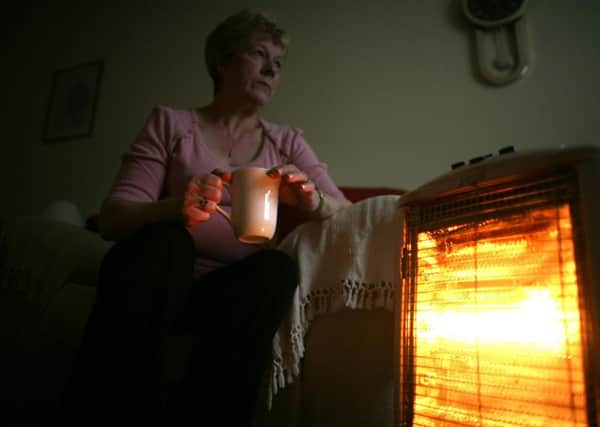Scots in rural areas struggling to find affordable way to heat homes


Meanwhile, those who live in rented flats, rely on electric heating and are of working age were more likely than others to report that they are struggling financially or to have problems heating their homes, and were likely to express a greater need for support, according to the report by Citizens Advice Scotland.
The consumer organisation called for a range of measures to be taken, including increasing the financial support available to those worst affected by fuel poverty and conducting a review of how this can be most effectively delivered. It said this could include developing new benefits strategies, such as reviewing eligibility for existing financial support schemes such as the Warm Home Discount.
Advertisement
Hide AdAdvertisement
Hide AdIn 2016, approximately 26.5 per cent of households in Scotland were defined as being in fuel poverty. A new definition of fuel poverty put forward by the Scottish Government would continue to define it as when more than 10 per cent of household income is spent on fuel bills - but using household income after housing costs. Meanwhile, a further requirement that the household has less than 90 per cent of Scotland’s Minimum Income Standard after fuel and housing costs have been deducted.
CAS energy spokesman Craig Salter said: “This research give us a vital insight into the real life experiences of those who are defined as fuel poor, and the specific support needs of households in different circumstances.
“It comes at a crucial time, with fuel poverty rates in Scotland still unacceptably high and energy prices continuing to rise at several times the rate of inflation. Positive steps are being taken by the Scottish Government to introduce a more accurate definition of fuel poverty and develop a new strategy to eradicate it.”
He added: “However for this strategy to succeed, it must reflect the real experiences and support needs of those who are actually in fuel poverty. This research points towards some of the key priorities for the successful eradication of fuel poverty. These include: providing financial support to increase incomes or reduce fuel bills; ensuring that higher living costs in remote rural areas are taken into account; and targeting appropriate support at those with the greatest need.”
The report also found that under the existing definition most people who are defined as fuel poor do not report financial struggles.